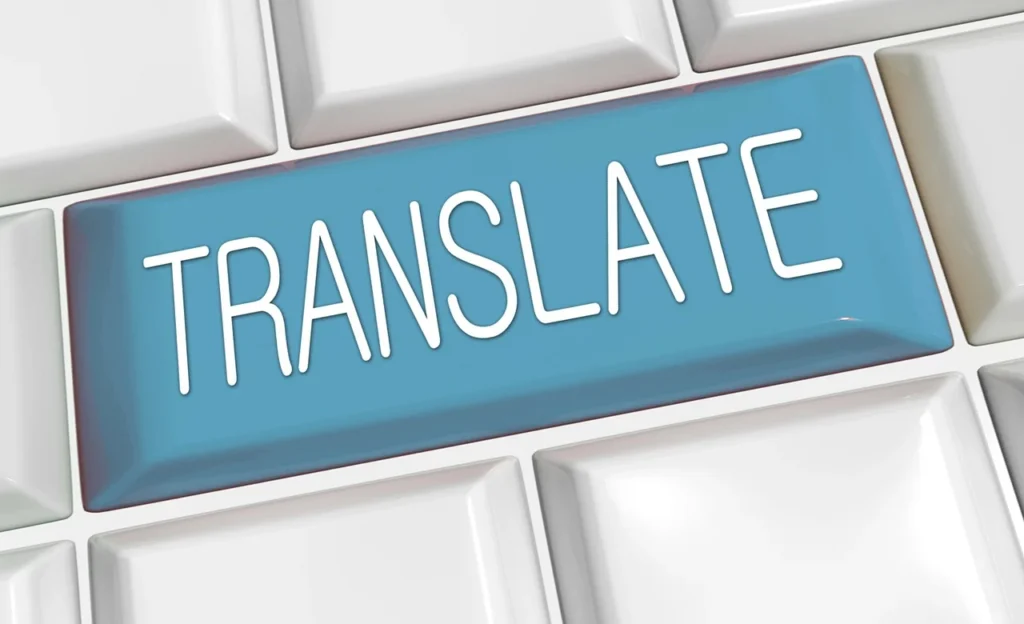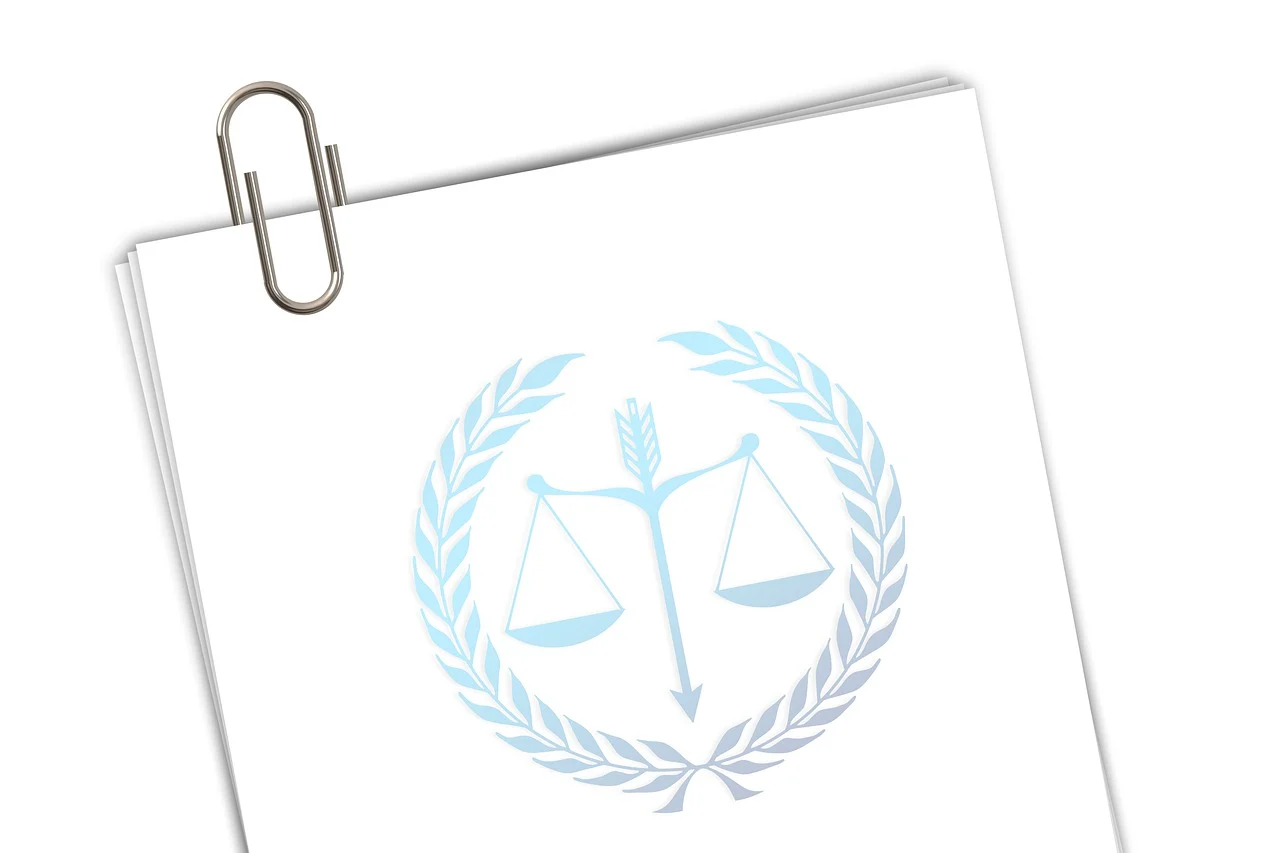In today’s business environment, legal translation services are essential. When contracts and agreements are translated into clear, understandable language, business relationships with clients and partners can be built without misunderstandings. It is important to remember that legal language is notoriously complex. Therefore, you need a translator who is not only fluent in both languages but also an expert in law—someone who understands legal terminology and the specific nuances of contracts and agreements across jurisdictions.
For further insight into this service, let’s dive deeper into the sections below.
Why Legal Translation Services Matter in Business Contracts
Have you ever heard of a business suffering significant losses due to contract issues? These problems often occur, especially in international collaborations, where the difference in interpreting certain clauses leads to disputes. Sometimes, both parties understand the same contract differently — resulting in confusion, legal conflicts, or even financial damage.

Source: Pixabay.com
Such issues arise because contracts are written in highly specific, structured, and detailed ways that can easily cause ambiguity. Moreover, factual errors or poor drafting can worsen the situation. To prevent these costly mistakes, understanding the legal framework and terminology of both countries involved is crucial.
However, language barriers often become the main source of misinterpretation. To avoid such risks, businesses need professional legal translation services. These services ensure that your business communications are clear and reliable, helping you gain your partners’ trust. They also reduce the risk of legal disputes caused by misunderstanding and ensure that documents meet the requirements for cross-border litigation.
What Are Legal Translation Services?
Legal translation refers to the process of translating legal documents with a high level of precision and attention to meaning. It requires not only an excellent grasp of legal terminology but also an understanding of legal systems and linguistic nuances. Even the smallest mistake can create ambiguity — potentially leading to serious legal disputes.

Source: Pixabay.com
For businesses, legal translation is vital to maintain the integrity, meaning, and validity of documents across languages. Especially when dealing with international clients, it ensures that contracts and agreements are easily understood by all parties involved.
Legal translation must be performed by experts — certified or sworn translators — who specialize in legal matters. The main objectives of legal translation are:
- Preventing errors in interpretation that may lead to disputes
- Preserving the integrity and intent of the original document
- Facilitating communication between parties with different legal systems and languages
- Ensuring that documents remain valid in the target jurisdiction
Characteristics of Legal Translation for Contracts and Agreements
Legal translation for contracts and agreements must prioritize accuracy, confidentiality, and consistency. Below are the main characteristics:
- Accuracy and clarity
Every legal term must be translated with precision to prevent any misinterpretation of rights or obligations. Sentence structures should also be clear and unambiguous.
- Legal System Knowledge
Translators must understand both the source and target legal systems, especially if the contract applies across different jurisdictions.
- Consistent terminology
Using consistent terms is essential; synonyms or vague words should be avoided to ensure legal clarity.
- Contract structure and format
Contracts typically include definitions, rights and obligations, dispute resolution clauses, effective dates, termination terms, and signatures—all of which must be retained.
- Completeness
Every part of the contract, including clauses, appendices, and legal references, must be translated accurately.
- Confidentiality and data security
Contracts often contain sensitive information. Translators are therefore bound by strict confidentiality and data protection obligations.
The Process of Professional Legal Translation

Source: Pixabay.com
The process of legal translation requires meticulous attention to detail to avoid any legal or linguistic issues. Generally, it involves several stages:
- Preparation and analysis
Translators analyze the document type, purpose, and legal context of both source and target jurisdictions. They research legal terminology to find accurate equivalents and prepare glossaries or reference materials.
- Translation process
The text is translated carefully, preserving its legal meaning, tone, and jurisdictional nuances. Translators must avoid adding personal interpretation.
- Review and quality assurance
After translation, an independent team of legal experts reviews the document for consistency, completeness, and accuracy. This includes checking terminology, legal validation, and formatting.
- Statement and submission
The translator signs a statement confirming the translation’s accuracy and completeness before delivering the document to the client.
Certified Legal Translators: Why Expertise Matters

Source:Pixabay.com
Certified or sworn legal translators possess deep knowledge of legal terminology, cultural nuances, and relevant legal systems. Their expertise ensures that documents maintain their legal integrity and credibility. Here are key reasons to work with certified translators:
- Thorough accuracy and legal validity
Expert translators ensure that every term accurately reflects the source meaning while preserving legal soundness preventing potential disputes or contract invalidation.
- Understanding of the culture and laws of the target country
They are familiar with legal traditions and cultural differences across countries, ensuring the translation aligns with current regulations in the target jurisdiction
- Credibility and compliance
Certification guarantees that translations meet the standards required by courts, institutions, and government agencies.
- Reliability in official use
Certified translators adhere to a strict code of ethics, maintaining the confidentiality and integrity of all legal documents.
Choosing the Right Legal Translation Provider
When selecting a legal translation provider, look for one with:
- Recognized legal expertise and certification
- A strict quality assurance process
- A proven record of confidentiality and reliability
- The ability to meet deadlines and handle complex cases
At Speequal, we have a professional, experienced team dedicated to delivering fast yet accurate translation results. Since 1998, we have specialized in high-quality legal translation services trusted by businesses worldwide.
Our five-stage translation process ensures consistency and reliability:
- Pre-processing and review – to minimize errors before translation
- Translation – handled by expert linguists in English, Indonesian, German, Japanese, Simplified Chinese, Malay, and Arabic
- Editing – ensuring consistency and correctness
- Layout and Language Sign-Off (LSO) – verifying formatting and readability
- Final delivery – providing the completed, legally compliant document
So, what are you waiting for? Contact us today and discuss your legal translation needs.
Conclusion: Protect Your Business with Accurate Legal Translation Services
Legal translation is more than converting words — it’s about accurately conveying intent and context behind every legal term. Such work demands professionalism, precision, and legal expertise.
By choosing the right translation partner, you safeguard your business and reduce the risks of misinterpretation.
At Speequal, we deliver high-quality, precise, and professional legal translation services that ensure every document meets international legal and linguistic standards — empowering your business to communicate confidently across borders.





